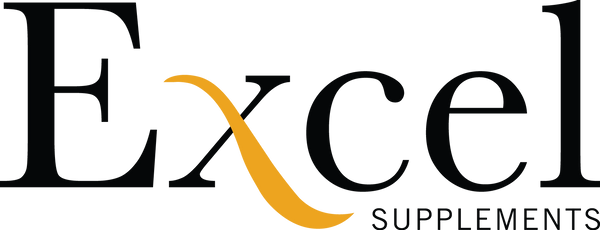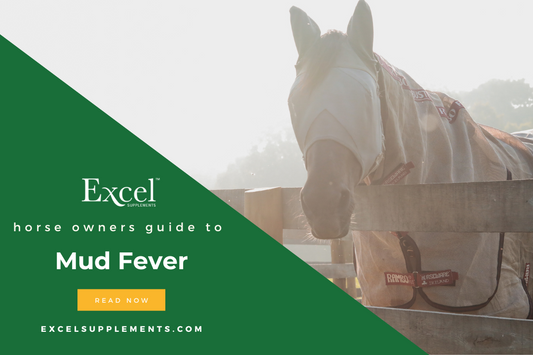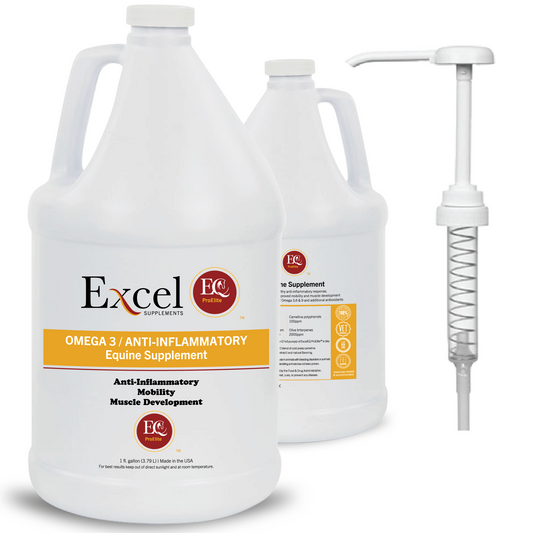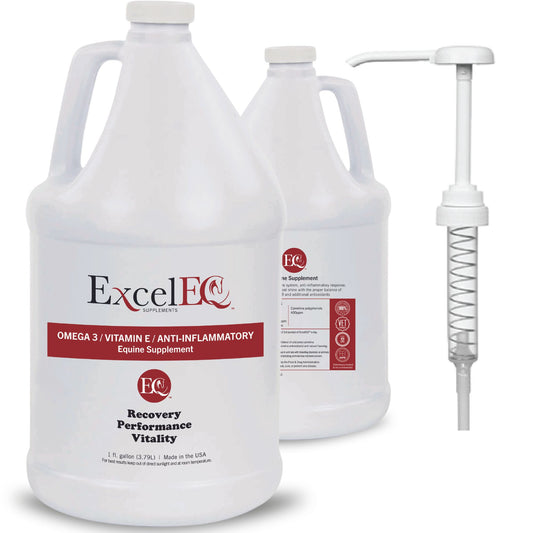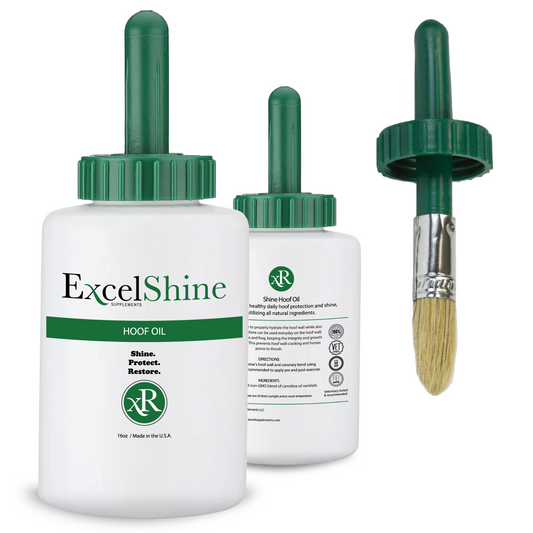Understanding Ligaments: Essential Knowledge for Horse Owners
Share
The musculoskeletal system is a complex network involving ligaments, tendons, bones, joints, muscles, and more. Each component plays a critical role in providing structure and facilitating movement. Today, we delve into a vital aspect of this system: ligaments.
What Are Ligaments?
Ligaments are connective tissues that play a crucial role in maintaining joint stability. They connect bones or cartilage to strengthen and stabilize joints, helping to prevent overextension, over-flexion, and twisting.
Key Functions of Ligaments
-
Joint Stabilization: Ligaments act as stabilizers for joints, ensuring they remain in place during movement. This is particularly important for equine athletes, where joint stability is vital for performance and overall health.
-
Injury Prevention: By limiting excessive movement, ligaments protect joints from injuries. However, because ligaments are less elastic compared to tendons, they are more susceptible to strains and tears.
The Importance of Proper Conditioning
Rushing a horse's fitness and conditioning program can lead to significant issues. Without adequate time for development, ligaments and tendons may not strengthen sufficiently, increasing the risk of injury. Proper conditioning ensures that these structures have enough time to adapt and strengthen.
Ligament Strength and Healing
Unlike tendons, ligaments are not elastic and therefore can stretch and tear more easily. Ligament injuries often result in lameness and reduced athletic performance. Additionally, once injured, ligaments tend to heal slowly and are prone to reinjury. Rushed training or improper conditioning can exacerbate these issues, leading to potentially severe conditions such as high suspensory ligament injuries.
Key Takeaways
- Ligament Strength: Ligaments take several months to strengthen, and they require a reconditioning period after injury.
- Healing Process: Ligaments heal slowly and are vulnerable to reinjury. Proper care and gradual conditioning are crucial for recovery.
For more detailed information, consult the USHJA Trainer Certification Manual and Study Guide. If you have any serious concerns about your horse’s health and wellness, please contact your veterinarian immediately.
By understanding the role and care of ligaments, horse owners can better support their equine athletes and prevent potential injuries.
